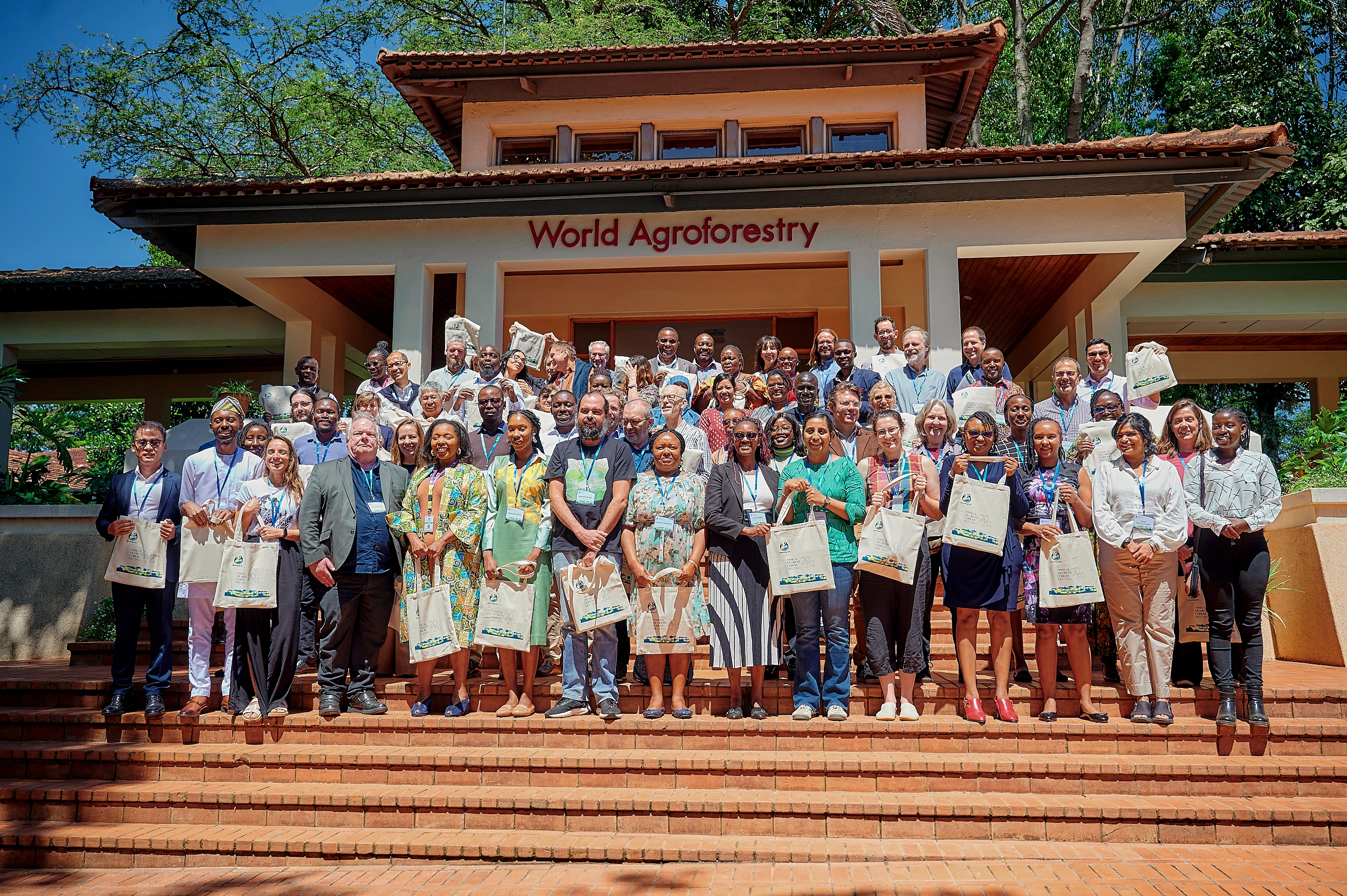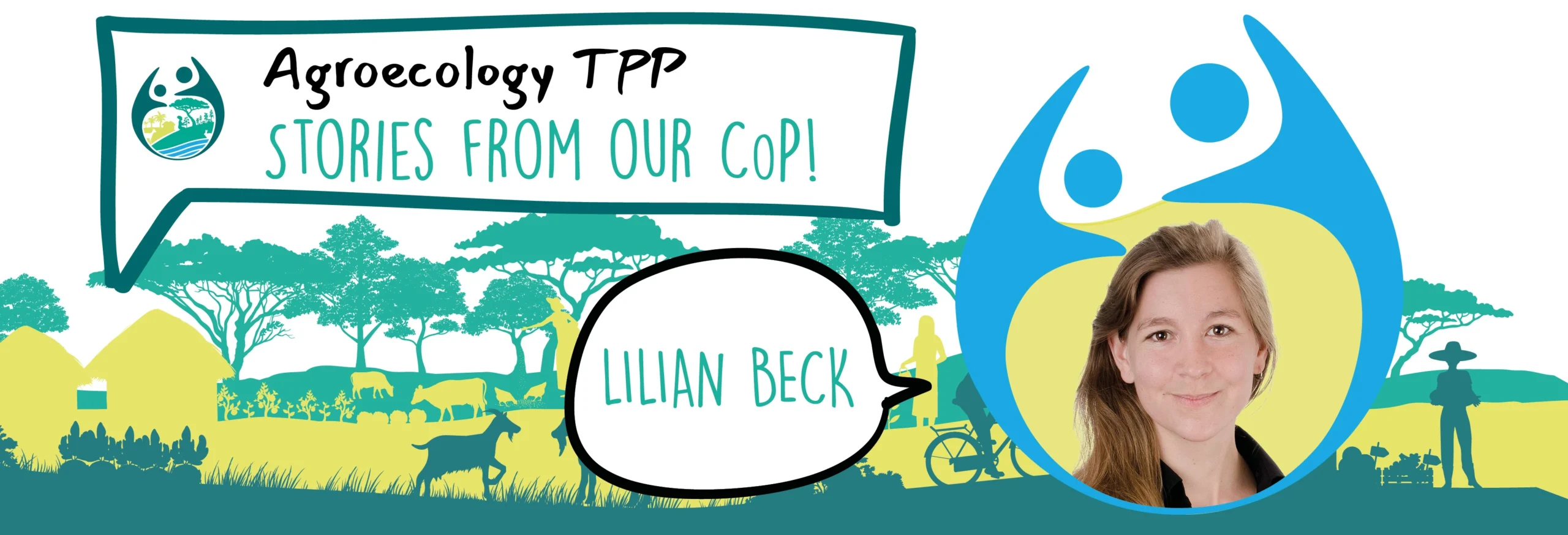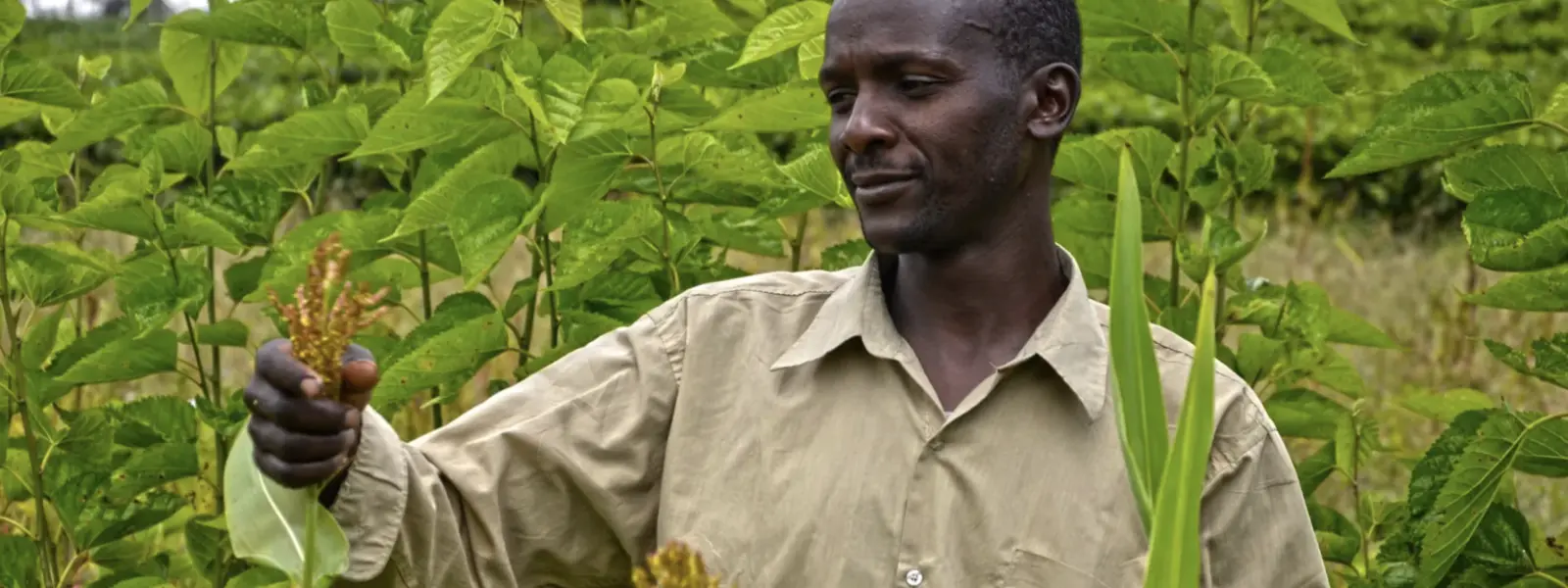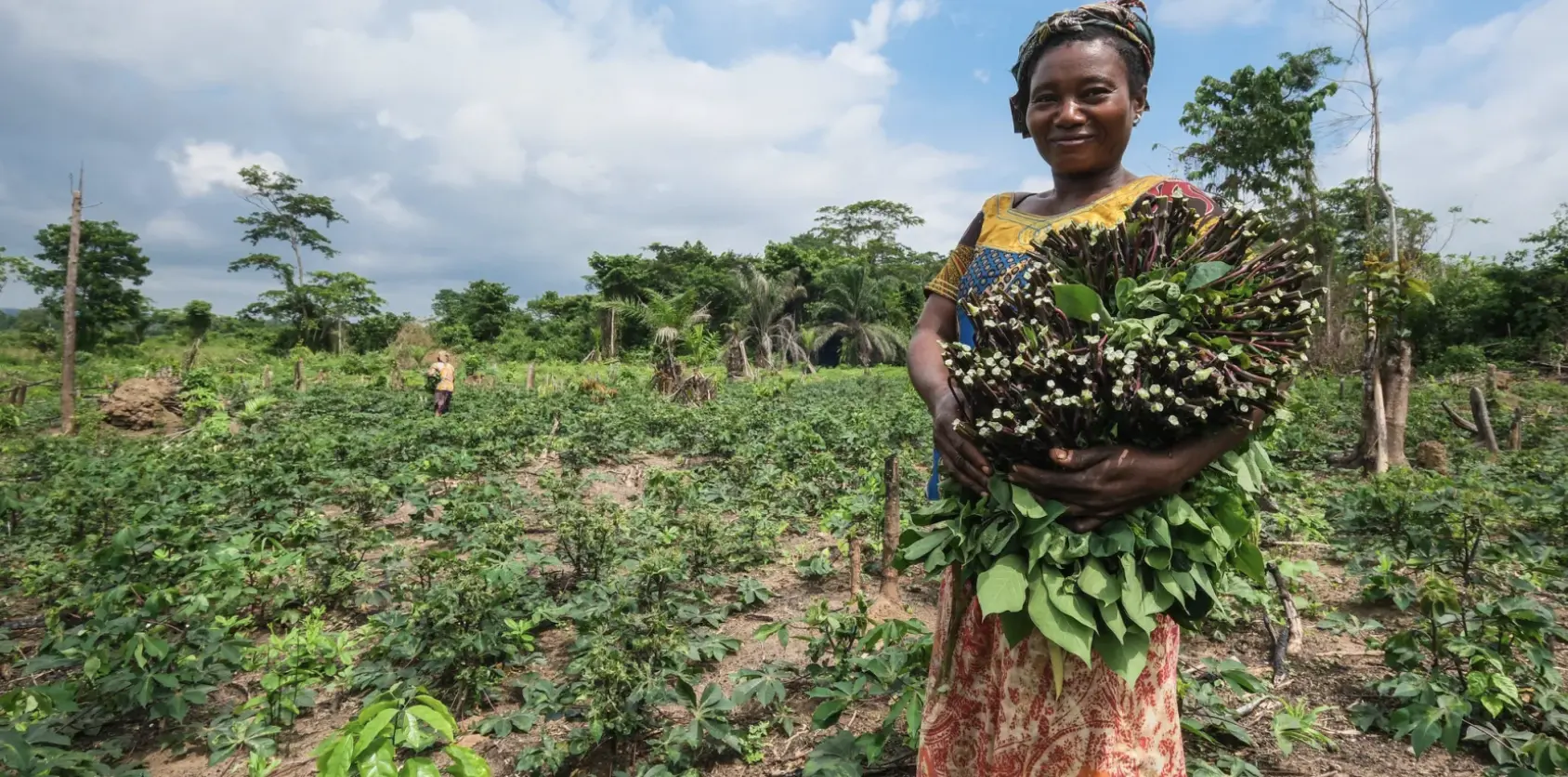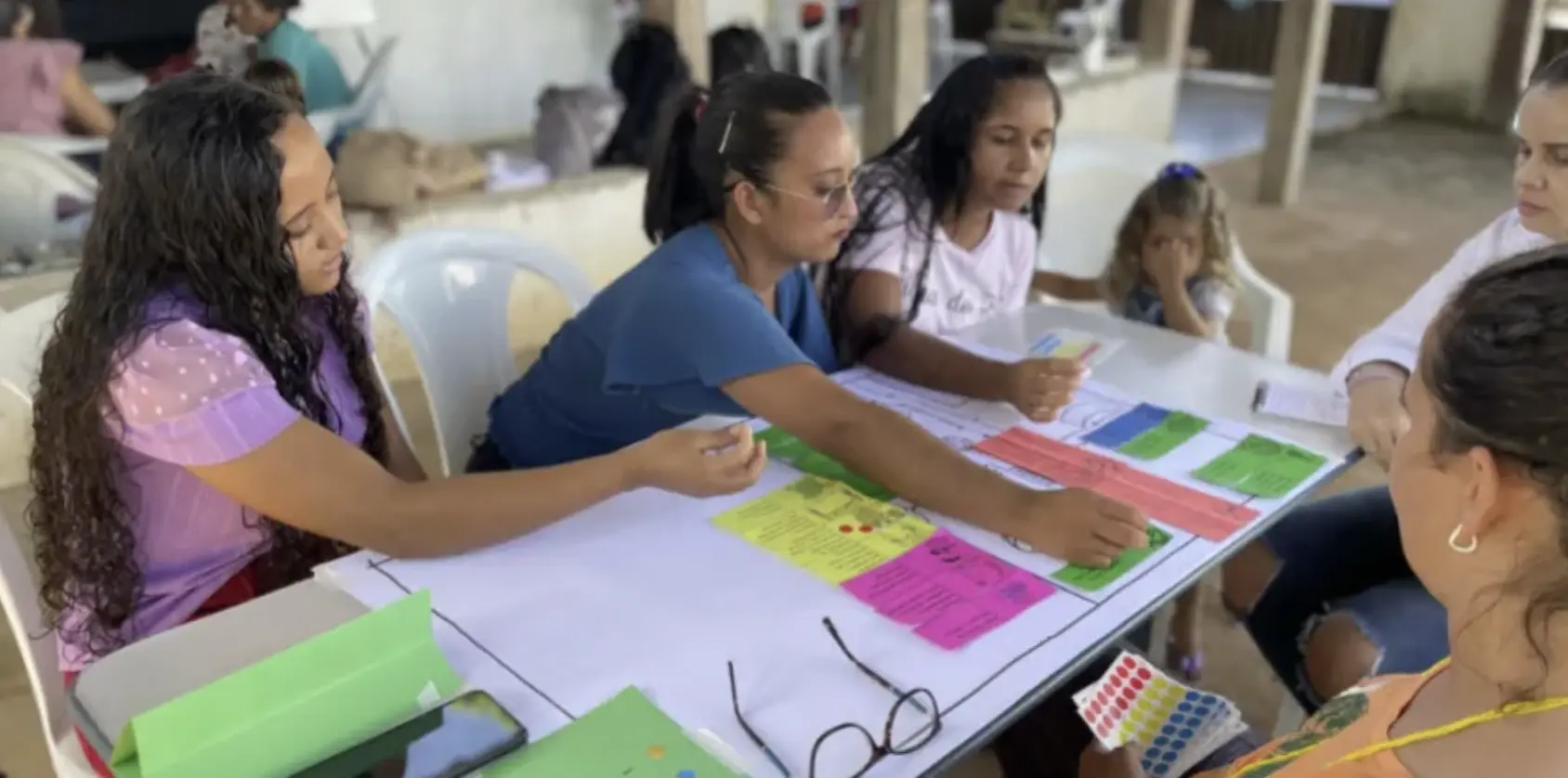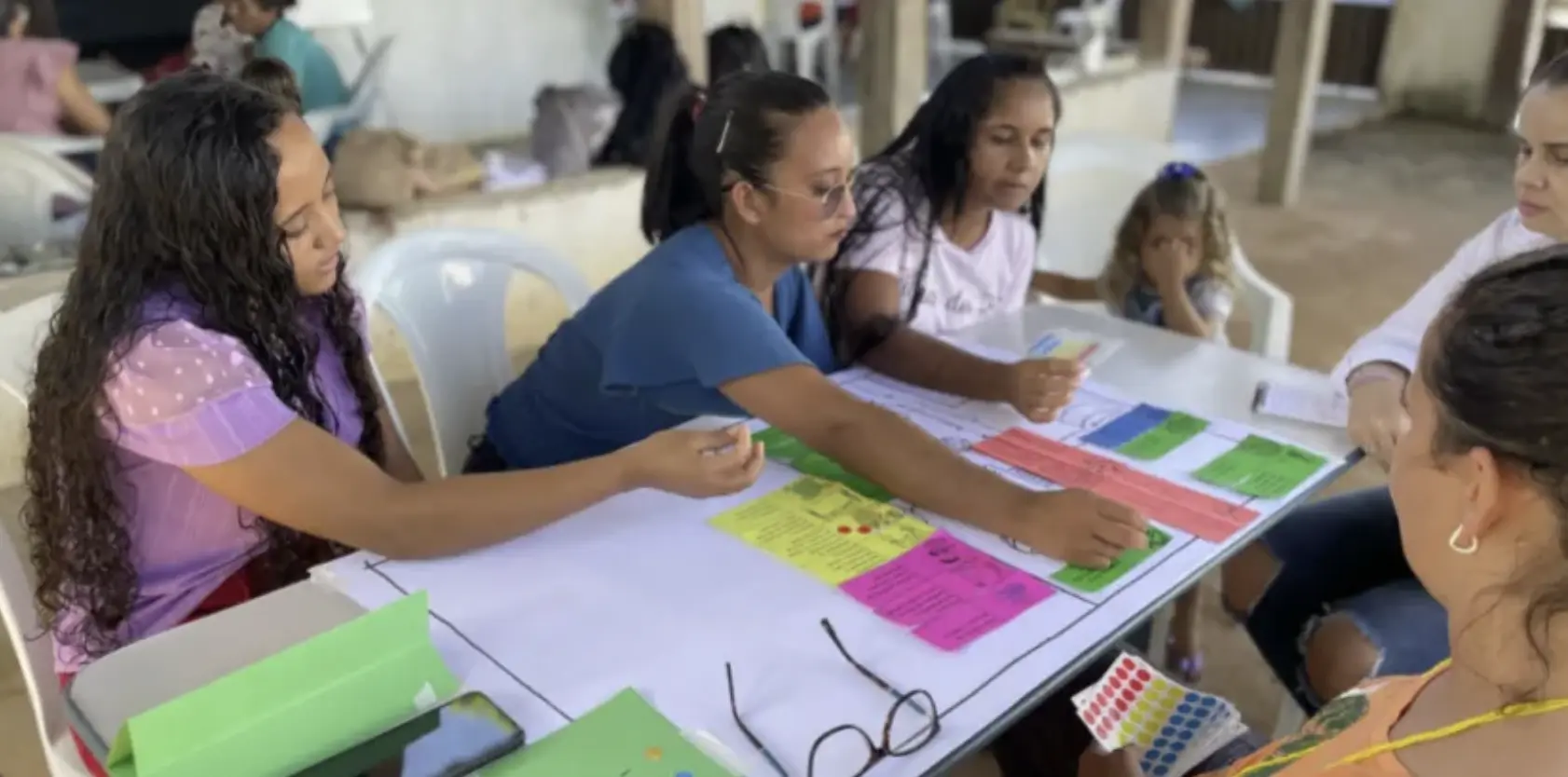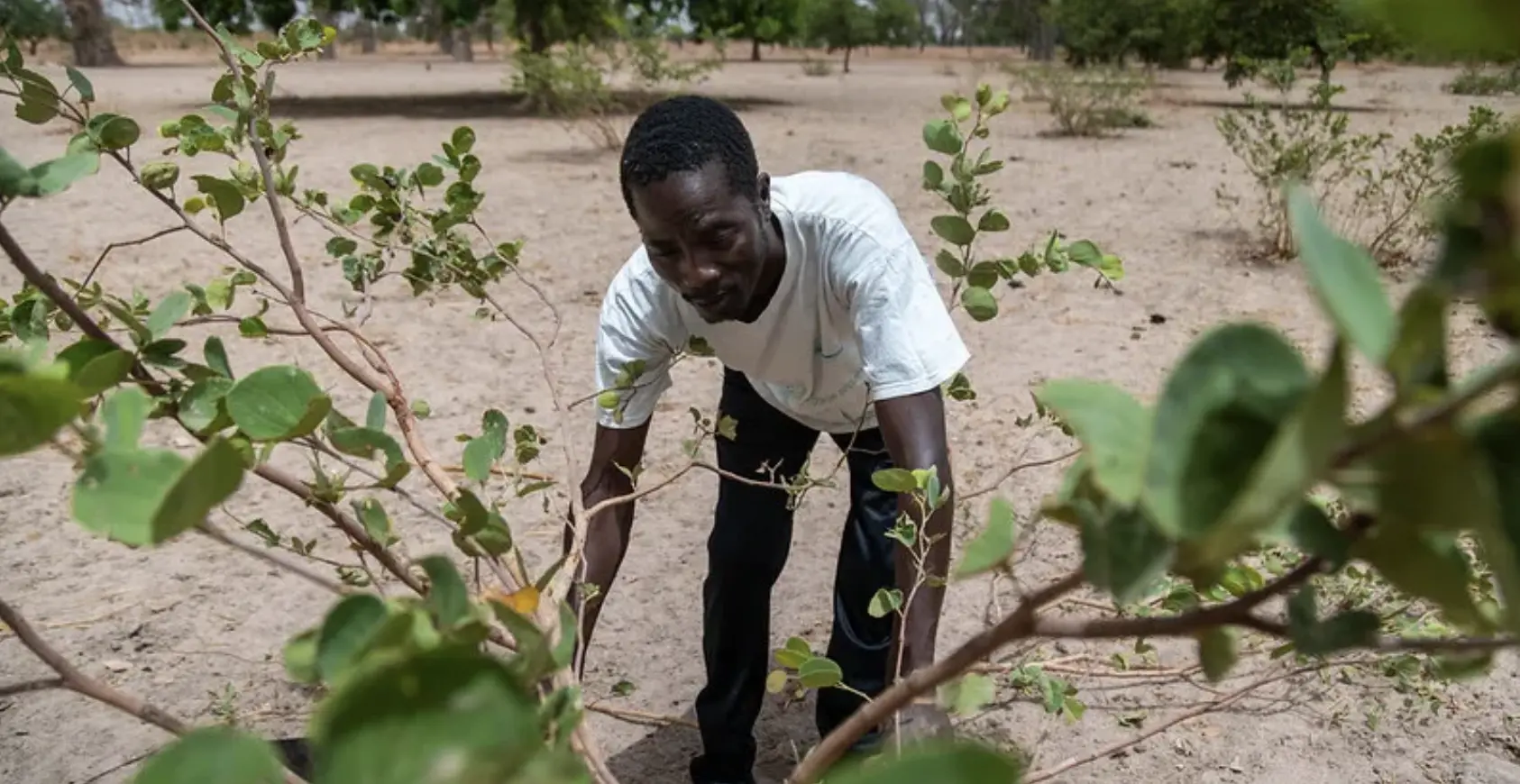Les membres de la plateforme TPP ont partagé un temps de réflexion sur les avancées et les difficultés de l’approche agroécologique lors d’une réunion du forum “Nous savons que nos systèmes alimentaires sont déréglés et source de malnutrition, gaspillage alimentaire, disparition de la biodiversité, dégradation des terres et changement climatique,” a déclaré Éliane Ubalijoro, directrice…
Category Archives: Agroecology TPP
Hacia la expansión de la agroecología
Un encuentro para reflexionar sobre los avances y los desafíos de la TPP-Agroecología “Sabemos que nuestros sistemas alimentarios no funcionan, y que generan malnutrición, desperdicio de alimentos, pérdida de biodiversidad, degradación de la tierra y cambio climático” dijo Éliane Ubalijoro, CEO del Centro para la Investigación Forestal Internacional y Centro Internacional de Investigación Agroforestal (CIFOR-ICRAF)….
Stories from our CoP: Lilian Beck
The latest issue of the Stories from our CoP – a regular series that provides space to the inspiring voices of members of Agroecology TPP’s Community of Practice (CoP) – is with Lilian Beck, an agroecology extension specialist who is currently conducting her PhD project on ‘Inter-organizational learning activities to boost agroforestry dissemination’ at the…
Expanding agroecology’s reach
A moment to reflect on both progress and challenges at the Agroecology TPP Members Forum meeting “We know our food systems are broken, resulting in malnutrition, food waste, biodiversity loss, land degradation and climate change,” said Éliane Ubalijoro, Chief Executive Officer at the Centre for International Forestry Research and World Agroforestry (CIFOR-ICRAF). “But we also…
What’s measured matters: Agrifood system metrics for a finite planet
New meta-framework seeks to help ‘level the playing field’ for holistic approaches Our food systems are central to human existence – and major drivers of environmental change, too. As such, it’s not surprising that people across the globe try to measure, monitor, and assess the various components of the agrifood systems to see how well…
¿Qué se necesita para acelerar la transición hacia la agroecología?
Expertos comparten avances sobre indicadores, herramientas digitales, incentivos e inversiones en apoyo de la agroecología La transición hacia la agroecología ha cobrado impulso en los últimos años, a medida que sus amplios beneficios para el clima, la biodiversidad y la seguridad alimentaria se vuelven cada vez más evidentes. Al mismo tiempo, avances tecnológicos tales como…
Comment généraliser l’agroécologie?
Les partisans de l’agroécologie rapportent les progrès réalisés au niveau des indicateurs, des outils numériques, des mécanismes incitatifs et des investissements La transition vers l’agroécologie a pris de l’ampleur ces dernières années, ses multiples avantages pour le climat, la biodiversité et la sécurité alimentaire devenant de plus en plus évidents. En parallèle, les développements technologiques…
Sri Lanka sources integrated solutions to land and water-based challenges
Holistic initiative protects mountain watersheds whilst scaling agroecology Named for its geography’s resemblance to a closed fist, Sri Lanka’s Knuckles Mountain Range is robed in mist and trees, its folds and peaks delineating a vast range of landscapes and ecosystems. These encompass five main forest types, which are home to a large number of endangered…
What’s needed to make agroecology mainstream?
Advocates share progress on metrics, digital tools, incentives, and investment The transition to agroecology has gained momentum in the past few years, as its broad benefits for climate, biodiversity, and food security become ever more apparent. Meanwhile, technological developments – such as using precision agriculture backed by GPS, drone sensors, and satellite imagery; big data…
Agroécologie : Une solution viable pour les défis africains?
Exploration des opportunités, des obstacles et des chemins collaboratifs pour une agriculture durable L’Afrique est confrontée à de nombreux et complexes défis liés à la sécurité alimentaire, aux changements climatiques et à la dégradation des ressources naturelles. Face à ces enjeux, l’agroécologie émerge comme une solution prometteuse et viable pour relever ces défis, en intégrant…

